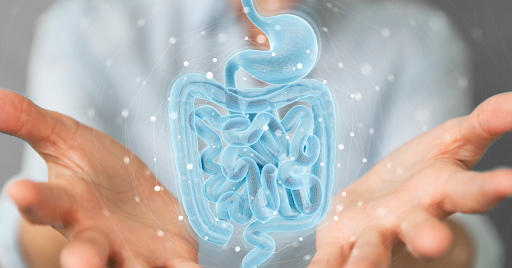Fecal Incontinence: A Comprehensive Guide

You may have heard of urinary incontinence or the loss of bladder control that often leads to the inability to control urination. Similarly, there is fecal incontinence, which is defined as the involuntary loss of control over bowel movements, leading to the accidental release of stool, gas, or mucus from your anus. This condition affects roughly one in twelve people and is more common in women and those over the age of 65.
Fecal Incontinence
Fecal incontinence is a condition that can significantly impact a person’s quality of life. Although it can be an uncomfortable and embarrassing topic to discuss, understanding fecal incontinence is crucial for individuals affected by it, as well as their healthcare providers and loved ones. Birmingham Gastroenterology urges you to explore the causes, symptoms, diagnosis, and treatment options for fecal incontinence, empowering those to seek appropriate care and support.
Causes Of Fecal Incontinence
There are a number of reasons someone may suffer from fecal incontinence, most of them stemming from various underlying factors. Some of the most common causes include:
- Muscle or nerve damage to the rectum or anal sphincter
- Neurological conditions, such as multiple sclerosis
- Spinal cord injuries
- Chronic constipation or diarrhea, which can weaken the sphincter muscles
Some people are more at risk of experiencing fecal incontinence. Risk factors include age (older than 65), gender, having had your gallbladder removed, and a history of pelvic floor disorder. Those with inflammatory bowel disease or diabetes are also at a higher risk of developing this condition.
Types Of Fecal Incontinence
According to the National Institutes of Health (NIH), there are different types of fecal incontinence. The two main types are as follows:
- Urge incontinence: When your pelvic floor muscles are too weak to hold back a bowel movement. This is normally due to a muscle injury or nerve damage.
- Passive incontinence: Passive incontinence is when a person experiences fecal leakage without knowing it. This is oftentimes due to your body not being able to sense when your rectum is full.
Although this condition can be upsetting, it is important to remember that roughly 1 in 12 adults suffer from fecal accidental bowel leakage.
Symptoms And Diagnosis Of Fecal Incontinence
The main symptom of fecal incontinence is the involuntary release of stool from the rectum. It is important to remember that the severity of incontinence varies based on your individual case. Diagnosing fecal incontinence involves a medical history review, a physical examination, and various tests. The doctor may inquire about diet, bowel habits, and any associated symptoms. In some cases, your doctor may order a digital rectal exam. This helps assess the strength of the anal sphincter muscles.
Treatment Of Fecal Incontinence
The good news is that fecal incontinence is treatable, and several management options are available. Which treatment you and your doctor decide on will depend on the underlying cause and the severity of the condition.
- Lifestyle modifications and diet changes
- Over-the-counter or prescription medications
- Pelvic floor muscle exercises
- Biofeedback therapy
- Bowel training
- Sacral neuromodulation: An implantable device that targets the nerves controlling the bowel. It restores bowel function by gently stimulating the sacral nerves. Prior to proceeding with implantation, there is a one-week trial where the device is taped to the back to see if the benefit to the patient is shown before committing to long-term therapy.
- Surgical interventions
Those who suffer from this condition also may experience anal discomfort, such as pain, irritation, and itching around the anus. To relieve this discomfort, it is recommended to change your soiled underwear as quickly as possible, wash the area after using the restroom, and use nonmedicated powders.
Fecal incontinence is a condition that can have a significant impact on an individual’s quality of life. With the right support and management strategies, individuals can regain control over their bowel movements and improve their overall well-being. Here at Birmingham Gastroenterology, we have decades of experience treating diseases and disorders in all parts of the digestive system. To make an appointment to discuss your symptoms and treatment options, call us at (205) 271-8000.

